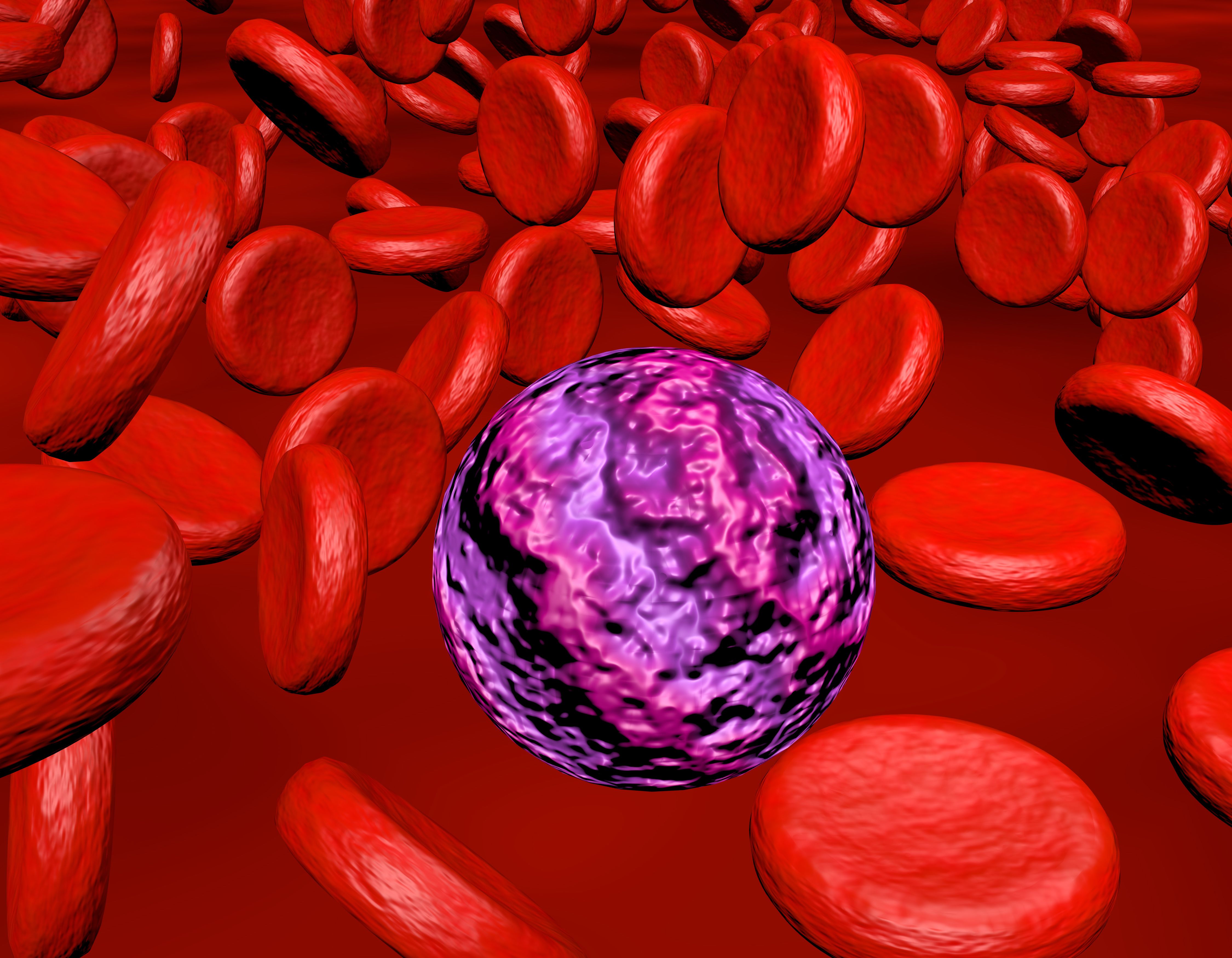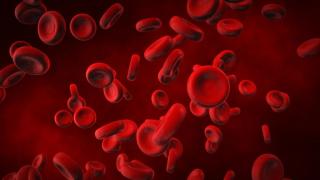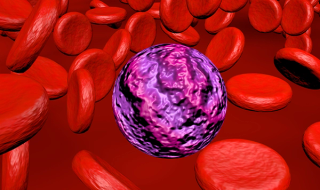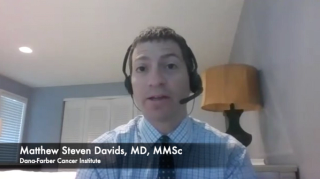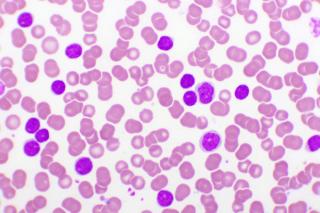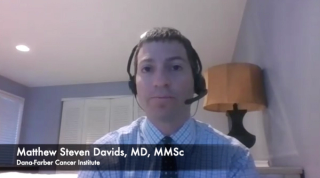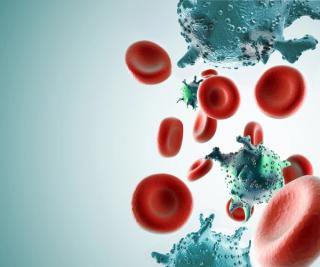
Leukemia
Latest News

Latest Videos

CME Content
More News
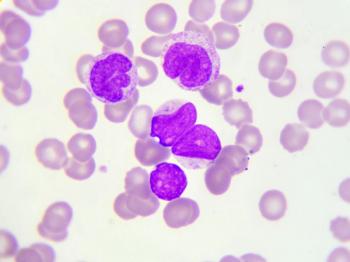
A phase 2 trial evaluated the combination of vemurafenib plus rituximab, which produced a complete response in 87% of the evaluable patients with hairy-cell leukemia.

Based on phase 3 data supporting the use of ublituximab in combination with umbralisib versus an existing standard-of-care regimen for chronic lymphocytic leukemia and small cell lymphoma, the FDA has moved forward with a review of the application for approval.

The interim activity and safety data observed were positive for both FT516 and FT538 monotherapy for patients with relapsed or refractory acute myeloid leukemia.
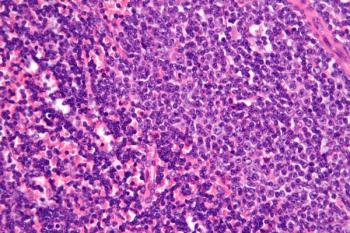
MB-106, a CD20-targeted CAR T-cell therapy that has shown promise in the treatment of B-cell non-Hodgkin lymphoma, is now being considered for patients with relapsed or refractory CD20-positive chronic lymphocytic leukemia.
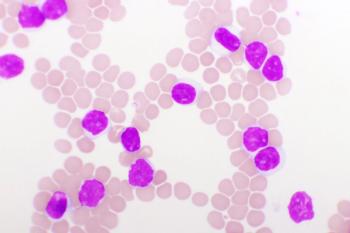
Reducing caloric and nutrient intake for patients who were overweight or obese and undergoing induction for B-cell acute lymphoblastic leukemia was feasible and improved patient response, according to an early-phase trial.

A retrospective study evaluating over 3.9 million children found that Down syndrome was a strong risk factor for the development of childhood leukemia and has a stronger association with acute myeloid leukemia than previously recorded.
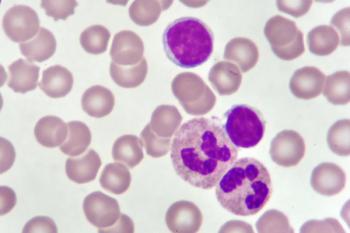
Data in the Journal of Clinical Oncology found that low-intensity chemotherapy without additional intensified pegaspargase cured almost all patients treated on the Children’s Oncology Group AALL0331 trial.
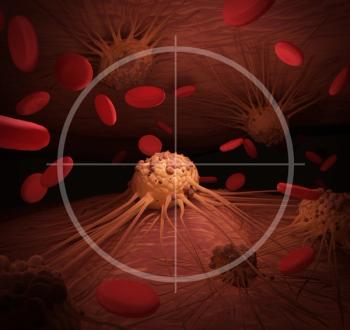
The interim analysis showed positive response and safety data in adult patients with relapsed or refractory CLL or SLL treated with zanubrutinib compared with those receiving ibrutinib.

A phase 2 trial found that acalabrutinib may present a potential therapeutic option for patients with chronic lymphocytic leukemia who discontinued ibrutinib treatment.

Data from Nature Communications detailed MutaSeq, a new method for distinguishing between cancer stem cells, mature stem cells, and healthy stem cells in acute myeloid leukemia.
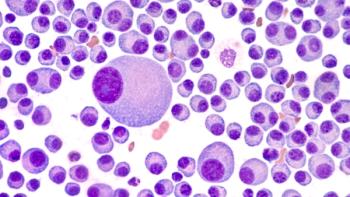
The selective MCL-1 inhibitor AMG 176 plus gilteritinib as a combination treatment synergistically targeted preclinical models of FLT3 internal tandem duplication–mutated acute myeloid leukemia.

CD19-directed CAR T-cell therapy brexucabtagene autoleucel will be considered by FDA for indication in adults with B-cell precursor acute lymphoblastic leukemia.
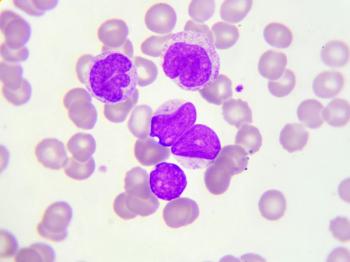
A study conducted across 20 medical centers and hospitals in China concluded that treatment timing, total intravenous anesthesia, and flow cytometry were associated with a reduced risk of central nervous system relapse for pediatric patients with acute lymphoblastic leukemia.

Research investigating the highly selective, reversible BTK inhibitor pirtobrutinib found the drug was safe and active for treating patients with chronic lymphocytic leukemia as well as other B-cell malignancies.

According to a single-institution study of patients with a known or suspected diagnosis of AML or MDS, whole-genome sequencing may provide better predictive ability of patients’ risk status than traditional methods.
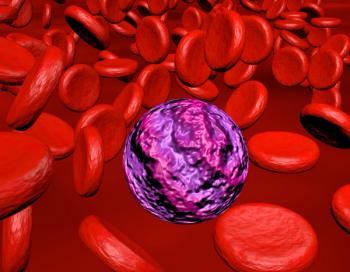
Treatment with gilteritinib, compared with salvage chemotherapy, improved overall survival in patients with relapsed/refractory FLT3 mutation–positive acute myeloid leukemia, according to a planned interim analysis of a phase 3 trial.

The FDA approved a revised label for daunorubicin/cytarabine to treat newly-diagnosed therapy-related acute myeloid leukemia (AML) or AML with myelodysplasia-related changes (AML-MRC) in pediatric patients aged 1 and older.

Follow-up of 4.8 years to a phase 1 trial demonstrated that deep and durable responses are attainable in a large cohort of children and young adult patients with B-cell acute lymphoblastic leukemia who were treated with CD19-directed CAR T-cell therapy followed by allogeneic hematopoietic stem cell transplantation.
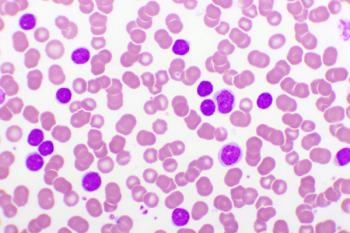
GT Biopharma announced updated data focusing on its therapeutic candidate, GTB-3550, to treat certain patients with myelodysplastic syndromes and acute myeloid leukemia.

Children, adolescents, and young adult patients in first B-cell acute lymphoblastic leukemia relapse did not experience a statistically significant disease-free survival benefit with blinatumomab treatment compared with chemotherapy.

“As the first AML trial to use MRD negative CR as a primary endpoint, our trial is breaking new ground that may help deliver effective, targeted therapies more expeditiously to patients living with this devastating disease,” Bischofberger said.

The new combination treatment of ublituximab plus ibrutinib resulted in a higher overall response rate and a tolerable safety profile for patients with relapsed or refractory high-risk CLL.

The GREEN trial analyzed treatment with obinutuzumab monotherapy or obinutuzumab plus chemotherapy for patients with previously untreated or relapsed/refractory chronic lymphocytic leukemia.

In this study, investigators sough to determine the incidence of CRLF2 rearrangements and IKZF1 deletions in Hispanic versus non-Hispanic children with B-cell acute lymphoblastic leukemia.

Amgen announced data from a phase 3 study that found blinatumomab showed prolonged event-free survival compared to consolidation chemotherapy in patients with relapsed acute lymphoblastic leukemia.




